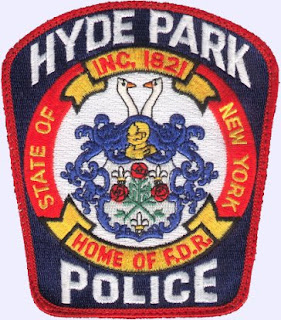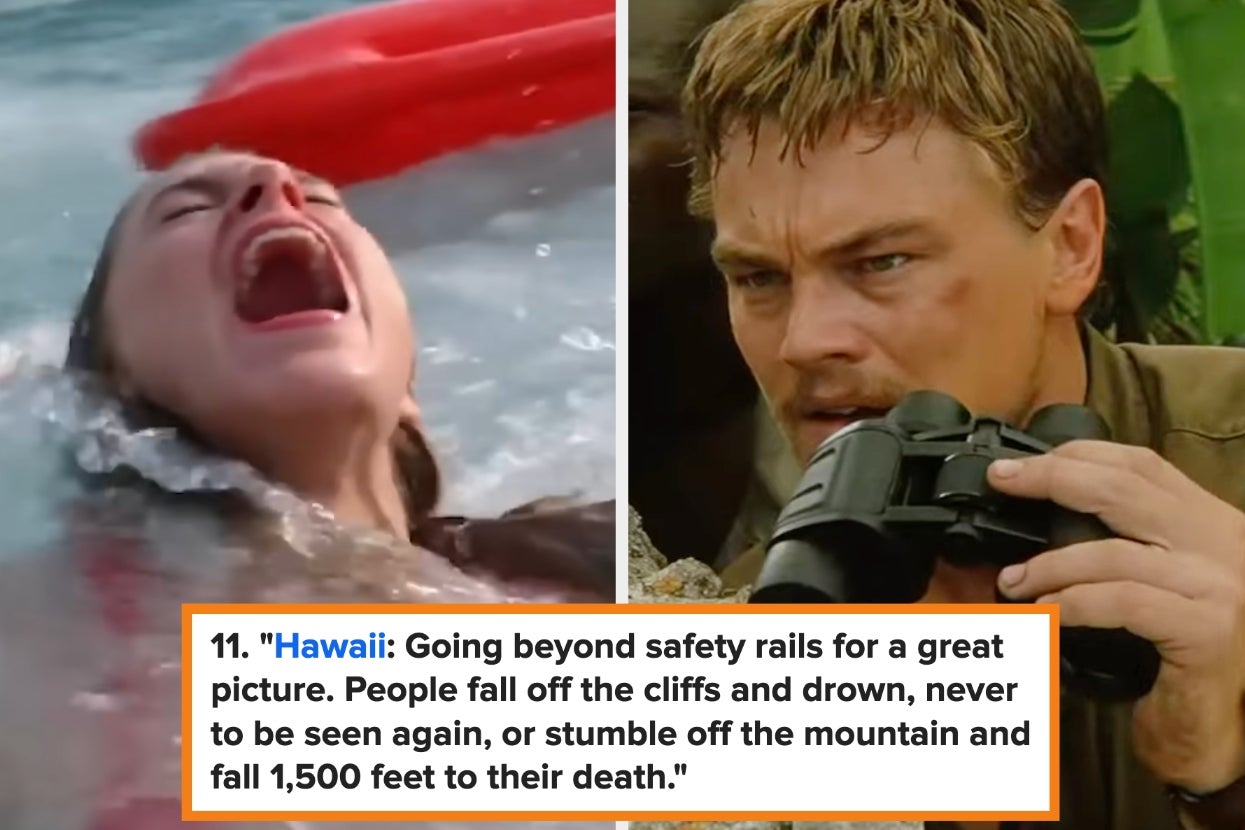This article is a little dated, about a year old, but is still a great piece with a lot of material. It is presented here in it's complete format, with the permsission of and thanks to our friends at the
Mainstream Media Review.
Quite often in a big city like New York, and elsewhere, technology is touted as being the key to protecting society from criminals and terrorists. The terror threat in particular is flaunted each time some new technology is introduced or expanded. With such marketing by the press and esteemed persons such as NYPD commissioner Ray Kelly, most folks won't or simply don't bother to question the real justification, expense, or possible infringements upon civil liberties. A few convenient cases of inept buffoons charged with terrorism, like the FBI-sponsored "Newburgh 4" are enough to keep the general public thinking there is an omnipresent terror threat and that no sacrifice is too much for security.
"They who can give up essential liberty to obtain a little temporary safety, deserve neither liberty nor safety." ~Benjamin Franklin
(As the trial of the Newburgh 4 got underway in White Plains, the Poughkeepsie Journal trumpeted, "Unannounced police checkpoints, random street closings and police helicopters overhead will greet people..." as if that were a good thing in this supposed land of the free. Also reported with perfect timing, by the
Poughkeepsie Journal, the
Homeland Security Newswire, and elsewhere no doubt, was a new training program to teach the N.Y. State Bridge Authority how to spot terrorists, as part of "Operation Safeguard." Of course there was no mention of the funding details for this program, as the state government was about to come to a grinding halt under a budget crisis and funding for basic services are being slashed across the region. After considerable taxpayer cost, the Walkway Over the Hudson, a public park built upon the framework of an old railroad bridge spanning the Hudson, has been threatened with closure almost since it opened due to budget constraints and lack of funding. The Governor has threatened to close all parks on numerous ocassions citing budget concerns.)
While millions are without work and being shut out of their homes, with the national economy puttering along weakly drawing vivid comparisons to the Great Depression, no expense is to be spared in the surveillance of society. Police cars are now mounted with
cameras that scan and process the license plate of every single car they pass, as well as the dash-mounted cams to record traffic stops. Hundreds, if not thousands of stationary cameras are slated to be networked and operational in Manhattan by 2013. Upstate, the surveillance hardware is cropping up here and there, as it is across the country. All of these cameras are being linked to the latest in software developments such as
facial recognition programs that are so sensitive they can even detect stress patterns, or basically "read" what your mood is. In airports we are now being herded through
machines that violate any sense of privacy, by producing a digital nude image of your body in great detail.
Surveillance blimps with the latest and greatest in privacy intruding technology, such as seeing through walls and listening in on conversations miles away, are deployed over major cities such as N.Y., Washington, and San Francisco. The surveillance of society is a booming industry, that no doubt even runs off into secret technologies even beyond the sci-fi futuristic sort that we already know about.
So we have a grand arsenal of complex, layered, and interwoven technological networks pointed straight at the population by the police and assorted security agencies, at enormous expense to the taxpayer, but in some places, if you record a police officer with your cell-phone camera, it is a felony punishable by up to fifteen years in prison. No, that wasn't a joke.
Take the case of Maryland Air National Guard Staff Sergeant John Graber. He liked to ride his motorcycle while wearing a helmet equipped with a camera. Sounds like fun, and something that might come in handy in the event of an accident maybe, or, a traffic stop...
In that video, you see a man jump from a car shouting, as he whips out a pistol. Only after he issued commands, pulled his weapon, and grabbed the bike did the man in the unmarked car say that he was a member of the State Police, but still failed to produce proper identification. One can only imagine what might have happened if Mr. Graber had been a legally armed citizen and military service-member with his own pistol. For him, or any other passerby, it would not have been unreasonable at all to conclude that this man in gray was about to kill because of road-rage, or perhaps a bike-jacking. As it turns out, the man in gray was indeed Maryland State Trooper Joseph David Ulhera. Graber had apparently been speeding, 80 in a 65. Hardly a violent offense that would necessitate the Trooper drawing a firearm. Staff Sergeant Graber was issued a ticket for speeding, and finally allowed to be on his way.
Graber posted the video of the incident on Youtube. As if the asinine actions of the trooper weren't enough, now the story really plummets into the dark depths of what one would expect in a classic fascist police-state. In this land of freedom of speech the Air Guardsman no doubt never imagined that posting the video might be considered a felony punishable by up to fifteen years in prison, but weeks later in the light of the early dawn police raided his house where he lived with his parents, sister, wife, and two young children. He was in bed, immobilized due to a recent surgery, which prevented the police from bringing him in that day, though he was later arrested, held for 26 hours, and had to post a $15,000 bond. That morning police did detain everyone in the house, preventing anyone from leaving for work or school, as they seized computers, disc drives, and Graber's video camera. The warrants for the search were not signed by any judge, though State Attorney Joseph Cassilly says the judge's name is being kept secret for "privacy" concerns. The charge against Graber stems from Maryland's "wiretap" law, which makes it a felony to intercept a private conversation with an electronic device without consent of both parties. Twelve states have similar laws, and in other states, other statutes are twisted to make it a crime to film a police officer as well.
In East Haven, Connecticut, a Roman Catholic priest was arrested filming police engaging in what he thought to be racial profiling, in a city with a history of racial tensions with police. A police report states that Rev. James Manship was arrested for struggling with police over an "unknown shiny silver object." A fifteen-second video clip shows East Haven police Officer David Cari asking, "Is there a reason you have a camera on me?" After the priest replies, the officer says now approaching, ""Well, I'll tell you what, what I'm going to do with that camera," and the footage ends.
In Carlisle, Pennsylvania eighteen year-old was charged with "wiretapping" for recording a routing traffic stop. A crime punishable by seven years in prison there. After his mother put her house up for bail and 26 hours later he was released on bond, but not before confiscated film not related to the incident.
There is the case of Simon Glik, a lawyer from Boston, who was charged with illegal electronic surveillance when he began filming what he thought to be excessive force being used against a handcuffed suspect. Jon Surmacz, a webmaster, was also charged by Boston Police after he was caught filming the breakup of a Christmas party.
There are a number of similar stories that have made it into the media, but as with all stories that would shine a negative light on police, there are many more that never make it to the mainstream media or reach any level of public credibility. It seems that most folks are content not to know, or have an unwavering trust in police, until it is their turn to squirm under the jackboot. Meanwhile, the police and government embrace hypocrisy as a matter of law and standard operating procedure. Police have cameras in their cars, that are conveniently left turned off or "broken" when accusations of misconduct arise. Or even during an interrogation at a police station, where cameras are often required by police when conducting an interview. Officer Wylie Willis was fired after this incident, but later reinstated...
In a free and just nation, police should have no reasonable expectation of privacy where citizens do not, in public places. Moreover, when they are on-duty and acting acting in the capacity of a public servant. Police must be held to a higher standard, not exempt. Stories like this though, and the videos that can be seen beg the question, whom do the police actually work for? Who are they really watching? Who are the real terrorists in this country harming and killing innocent people? Was this country not founded on principals of equality and liberty? Did we not fight a revolution once to throw off the shackles of tyranny and oppression?














